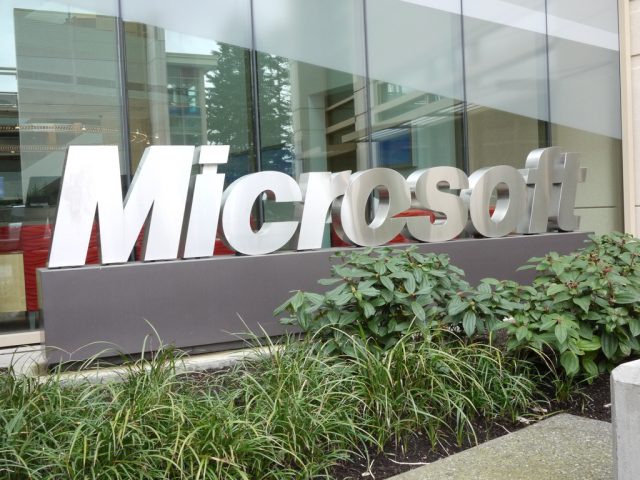Wamser’s arrest is the first of its kind in the state.
The incident occurred on the evening of June 28, when the Trailhead Fire broke out. A drone was spotted above the fire, so authorities temporarily grounded firefighting aircraft for about 30 minutes.








 Microsoft hat sich von der fehlgeschlagenen Nokia-Übernahme etwas erholt und macht wieder über 3 Milliarden US-Dollar Gewinn. Doch der Konzern ist weiter im Umbruch und der Umsatz bricht erstmals seit sieben Jahren ein. (
Microsoft hat sich von der fehlgeschlagenen Nokia-Übernahme etwas erholt und macht wieder über 3 Milliarden US-Dollar Gewinn. Doch der Konzern ist weiter im Umbruch und der Umsatz bricht erstmals seit sieben Jahren ein. (
